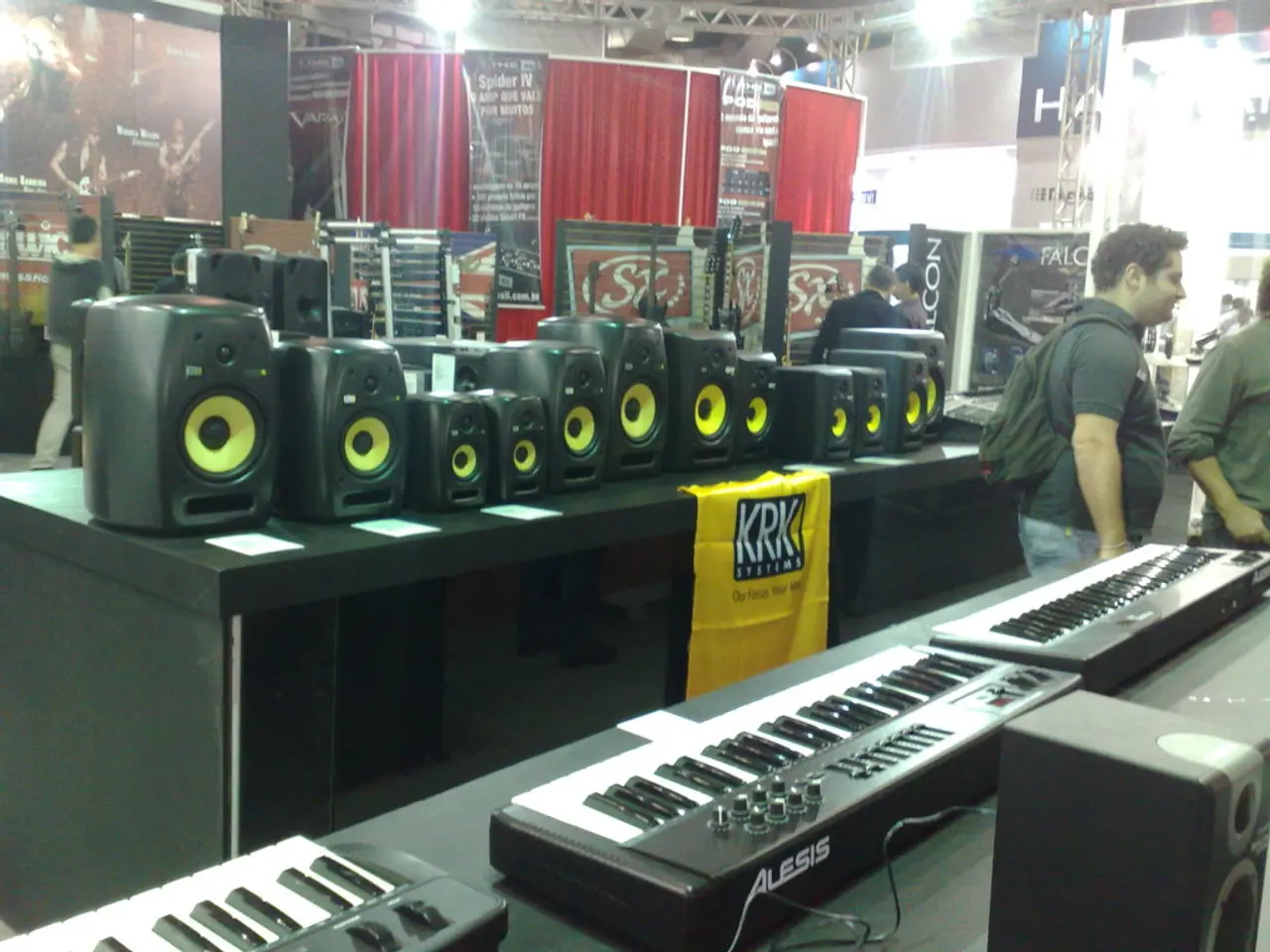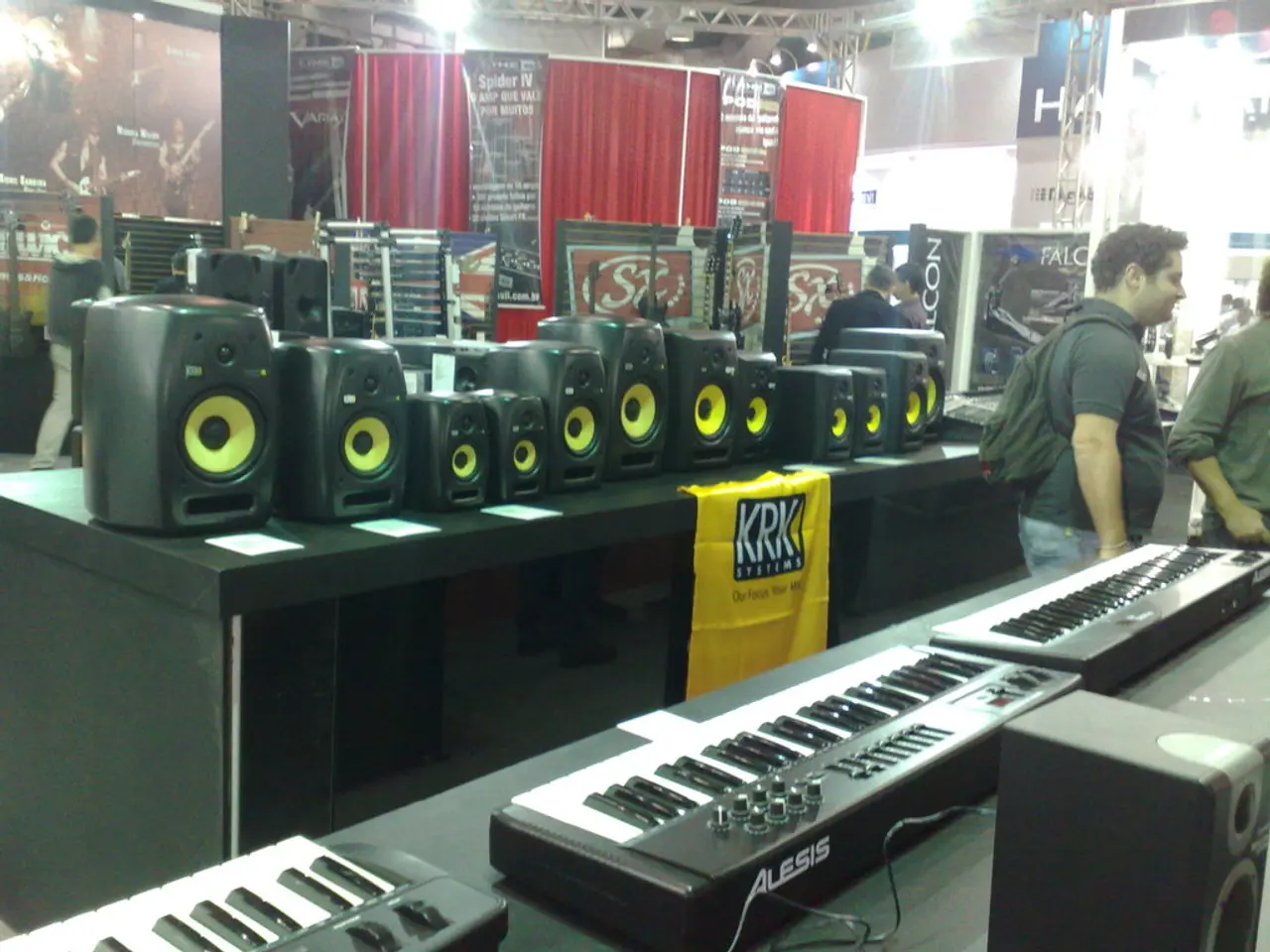Revised Timeline for Italy's Gambling License Approvals Announced by Authorities
The Italian government has announced an extension of the completion date for online gambling licence approvals, pushing the deadline back to November 2025. This decision comes as part of a revised regulatory framework aimed at promoting responsible gambling, operational transparency, and market integrity.
Under the updated regulations, several new requirements have been introduced. A one-domain-per-licence policy will eliminate multi-brand "skins", reducing the number of active gambling websites from around 420 to about 50. This move is expected to concentrate operations among financially robust operators.
Enhanced consumer protections are another key focus, with mandatory player safeguards such as deposit limits and responsible gaming notifications being implemented to promote responsible gambling. Operators will also face increased licence application fees, making entry into the market more costly for smaller or less compliant operators.
Before formal licence granting, operators will undergo further technical and financial checks. Once concessions are awarded, they will have 35 days to finalise documentation and must launch operations within six months, with the earliest full market rollout targeted for March 2026. Each concession will require a licence fee of €7 million, to be paid in two instalments.
The extended timeline is due to the complexity of the current tender process and the extensive verification required under the revised regulatory framework. The delay in the approval process reduces the risk of disruptions during implementation, ensuring a smoother shift to the updated regulatory framework.
The Italian online gambling sector will have a longer transition period, extending from September 17, 2025, to November 12, 2025. This additional time provides operators with an opportunity to align their platforms with the new requirements, which may involve significant technical adjustments, including the integration of compliance-driven features and cybersecurity upgrades.
A total of 52 licence applications from 46 companies have been submitted, representing strong market engagement despite heightened regulatory requirements. Among the applicants for licences are some of Europe's leading gambling brands, such as Flutter Entertainment, Lottomatica, Novomatic, Eurobet, Betpoint, Stake, DAZN Bet, Marathonbet, Cirsa via E-Play24, Winamax, Evoke with William Hill and 888, Betsson, bet365, Stanleybet, and LeoVegas.
The licensing fees have already exceeded projections, generating €365 million, surpassing the initial forecast of €300 million to €350 million. Market analysts project Italy's regulated gambling sector to reach an annual gross gaming revenue (GGR) of €5.5 billion by 2026.
The Customs and Monopolies Agency (ADM) is responsible for approving new online gambling licences in Italy. The ADM's decision to extend the approval process reflects a commitment to thoroughness over speed, prioritising a structured transition to a more transparent and accountable system.
The market's projected growth and long-term stability continue to make Italy an attractive environment for regulated gambling businesses. Despite the stricter regulations, the Italian online gambling sector remains a highly competitive jurisdiction in Europe's gambling landscape, with a strong mix of international and domestic brands applying for licences.
- In light of the revised regulatory framework, operators in the Italian online gambling sector, such as Flutter Entertainment, Betsson, and LeoVegas, are expected to undergo increased financial checks to secure their licences, which will cost €7 million, payable in installments.
- As part of the extended transition period, operators will utilize the additional time to revise their platforms, integrating compliance-driven features and cybersecurity upgrades, with expectations of significant technical adjustments that align with the new regulatory requirements, including the implementation of free spins as a responsible gaming feature.




